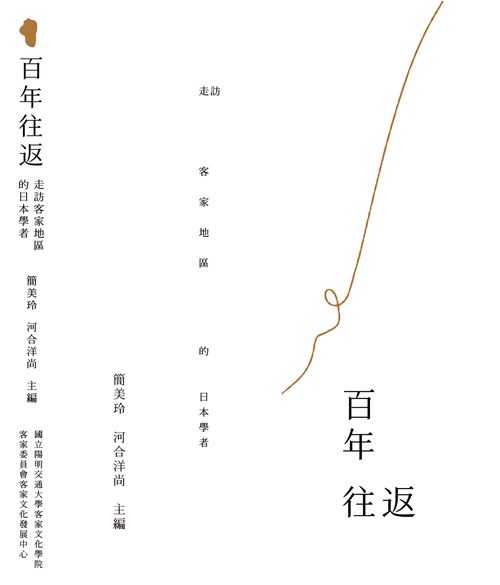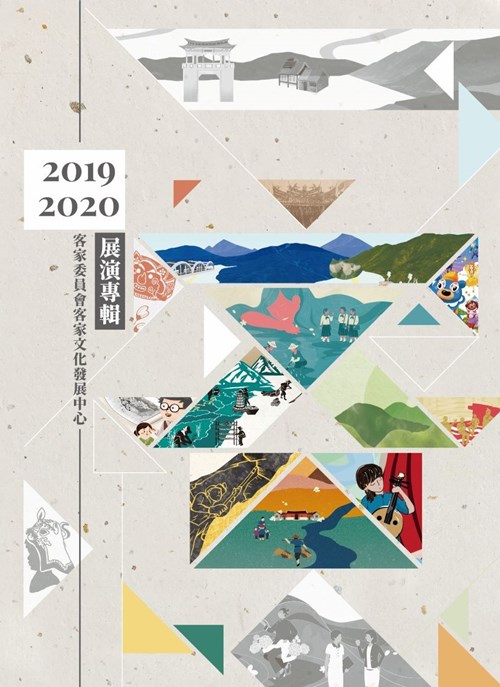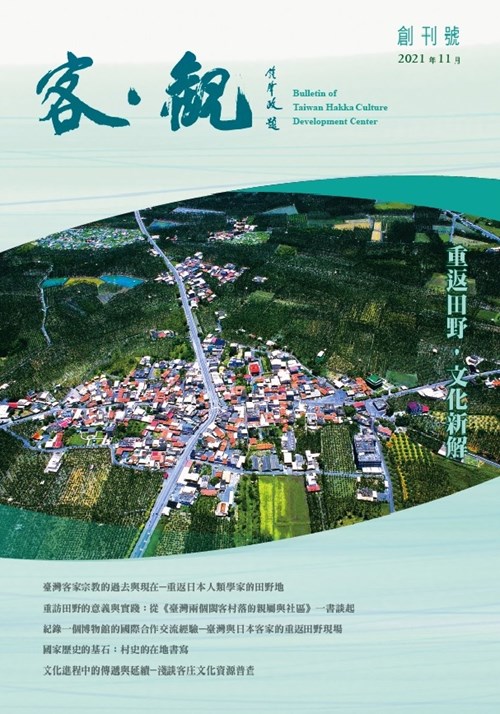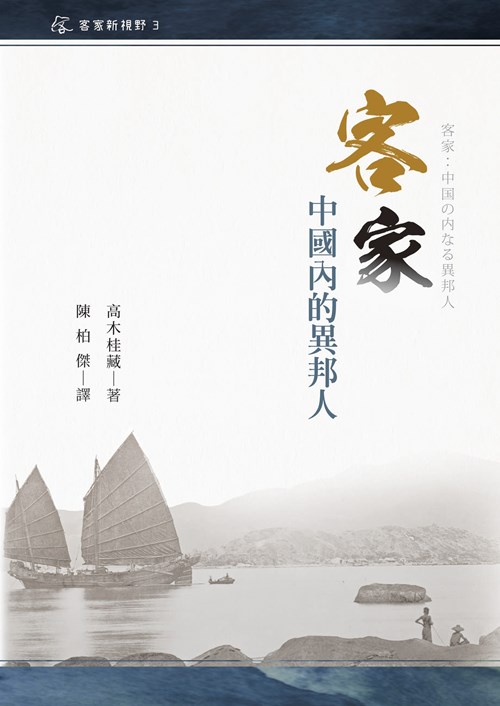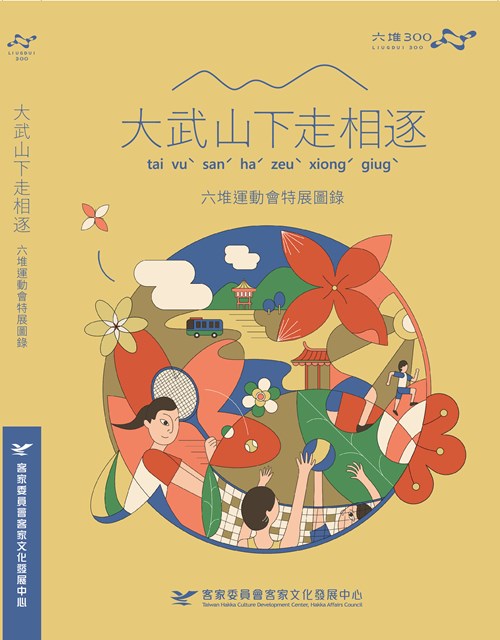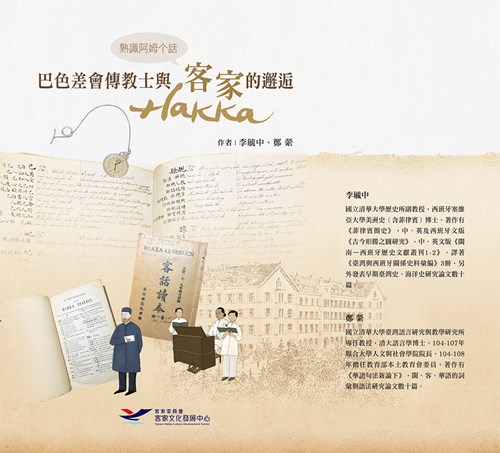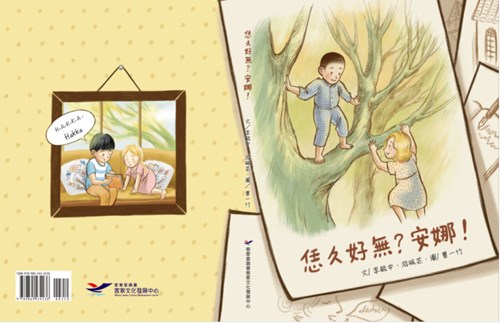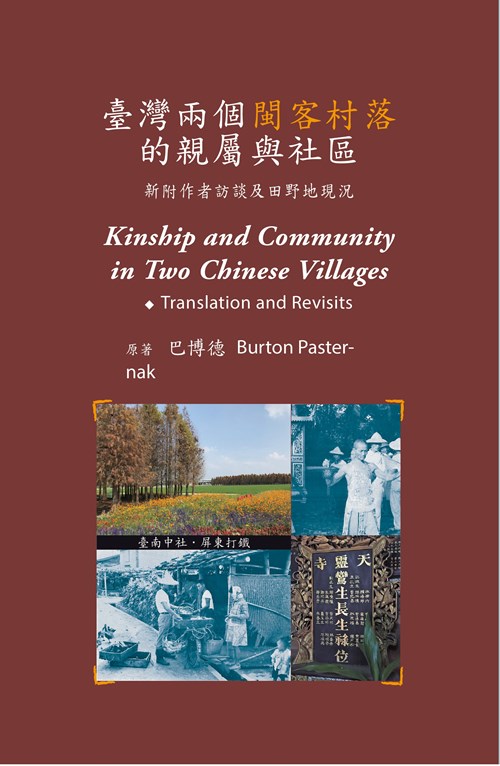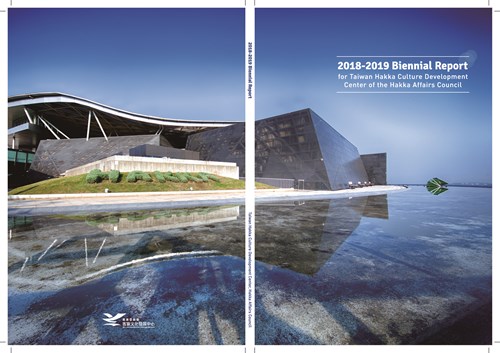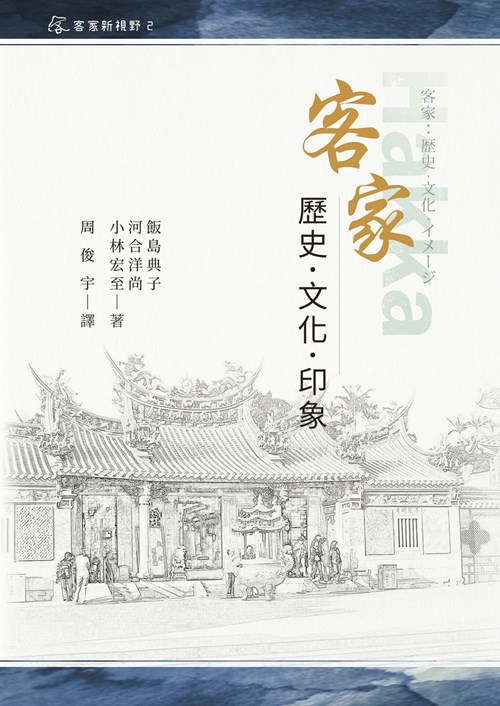
Research & Library
Publications

-
![]()
A Century of Exchanges: Japanese Scholars Visiting Hakka Communities
Publication Date:Chief Editors: Chien Mei-ling and Kawai HironaoPublication Date: December 2021Following the signing of an academic cooperation and exchange agreement among the Hakka Cultural Development Center, Hakka Affairs Council; the National Museum of Ethnology, Japan; and the College of Hakka Studies, National Yang Ming Chiao Tung University on December 16, 2017, the three institutions jointly organized a series of international symposia held alternately in Taiwan and Japan over three consecutive years.This publication, A Century of Encounters: Japanese Scholars Visiting Hakka Communities, brings together the research outcomes from these events, reflecting the century-long intellectual exchange of Japanese scholars engaging with Hakka studies and communities in Taiwan.
-
![]()
The Exhibition and Performance Album of the Hakka Cultural Development
Publication Date:Center, 2019–2020Chief Editor: Lai Yu-chingPublication Date: First Edition, December 2021This album compiles the highlights of the Hakka Cultural Development Center’s exhibitions and puppet theater performances from 2019 to 2020, featuring fourteen exhibitions and two original puppet plays. Through this publication, the Center seeks to extend the vitality of Hakka cultural exhibitions and performances, reaching wider audiences and presenting a more diverse and dynamic stage for Hakka cultural expression.
-
![]()
The Bulletin of Taiwan Hakka Culture Development Center (Issue No. 1)
Publication Date:Chief Editor: Lai Yu-chingPublication Date: November 2021The Bulletin of Taiwan Hakka Culture Development Center is the first academic periodical published by the Hakka Cultural Development Center. The title “客.觀 (Kè Guān)” carries a dual meaning: first, to observe the Hakka people and neighboring ethnic groups from the perspective of both Taiwan and the global Hakka diaspora; and second, to transcend a single, uniform viewpoint, encouraging observation, interpretation, and reflection on Hakka and non-Hakka cultures from multiple angles.The Bulletin focuses on the intersection between museum studies and Hakka culture, with each issue presenting a thematic feature that integrates diverse forms of work—field investigations, academic research, collection and exhibition projects, educational programs, and forums—both in Taiwan and abroad. Through observation, reporting, critique, and interpretation, the publication documents and reflects upon local histories and memories, shifting interethnic relations, stories of clans and families, artistic and cultural styles, everyday life, and global connections that together compose the dynamic fabric of Hakka culture.The title calligraphy of “客.觀” on the cover was personally inscribed by Chung Chao-cheng, revered as the Mother of Taiwanese Literature.Published semiannually, The Bulletin is organized into three main sections:1. Special Feature – in-depth essays and interviews on the selected theme;2. Museo-Hakka – articles exploring Hakka culture through the lens of museums and heritage;3. New Insights on Hakka Culture – book reviews, field notes, and new research perspectives.The inaugural issue, themed “Returning to the Field: New Readings of Culture,” revisits the ethnographic fieldwork conducted in Hakka villages of Taiwan by American and Japanese anthropologists between the 1960s and 1980s. It reflects on the meaning of “returning” to earlier field sites, reexamines past studies in anthropology, history, and sociology, and traces key ethnographic data on Hakka society. At the same time, “returning to the field” serves as a reminder to observe contemporary changes in these communities—connecting local traditions with cultural innovation and analyzing the processes of social, political, and environmental transformation.This theme also underscores the museum’s need for constant reflection and sensitivity in an ever-changing world. Through interdisciplinary collaboration—across history, sociology, geography, and anthropology—the Bulletin seeks to inspire new approaches to research and practice, avoiding the limitations of isolated studies or static temporal frames. For the Liugdui Ecomuseum, grounded in local history and culture, this perspective is especially vital.Ultimately, the launch of The Bulletin of Taiwan Hakka Culture Development Center aspires to foster diverse interpretations and dialogues in Hakka and ethnic studies, both within Taiwan and across the world.
-
![]()
Hakka: The Internal Strangers of China
Publication Date:Author: Takagi KeizoTranslator: Chen Po-chieh Publication Date: October 2021Following Lo Hsiang-lin’s “Theory of Central Plains Origin,” this book explores the Hakka people as bearers of authentic Han Chinese heritage, while also recognizing them as a distinct and self-aware community within China.Through a focus on historical figures such as Hong Xiuquan (洪秀全), Sun Yat-sen (孫逸仙), Deng Xiaoping (鄧小平), and Lee Kuan Yew (李焜耀), the author examines how Hakka individuals have profoundly influenced the course of modern Chinese and global history. From revolutionary movements to statecraft and education, their shared cultural traits—solidarity, diligence, frugality, and reverence for learning—emerge as defining characteristics of the Hakka ethos.More than a biographical account, Hakka: The Internal Strangers of China offers a sociocultural perspective on how these values have shaped communities across generations and continue to exert influence on societies throughout the world.
-
![]()
Running Side by Side at the Foothills of Dawu Mountain: The Liugdui Games Special Exhibition Catalogue
Publication Date:Chief Editor: Hsieh Shih-yuanAuthors: Hsieh Shih-yuan and Wu Pu-huaPublication Date: September 2021Rooted in Liugdui’s traditions of militia organization, the region’s athletic culture was shaped during the Japanese colonial period. The spirit of sports and physical training has long been an integral part of everyday life in the Liugdui region. This enthusiasm laid the foundation for the creation of the Liugdui Games. In the early postwar years, overseas-trained youths such as Liu Shao-hsing (劉紹興) and Tai A-lin (戴阿麟), moved by the fading unity of Liugdui’s Hakka communities, established the Liugdui Patriotic Fellowship Association (六堆愛國聯誼會) and organized the first Liugdui Games (六堆運動會), marking the beginning of this enduring regional tradition.In 2021, to coincide with the 300th anniversary of Liugdui and the 56th Liugdui Games, the Hakka Cultural Development Center launched a special exhibition titled Running Side by Side at the Foothills of Dawu Mountain: The Liugdui Games at the Liugdui Hakka Cultural Park. The exhibition explores the formation of Liugdui’s athletic culture, the organization and evolution of the Liugdui Games, and the significance of the Liugdui Zhongyi Shrine, while also featuring the experiences of athletes, coaches, referees, and organizing committee members, offering a multifaceted view of the Games and their deep connection to the Liugdui people.This exhibition catalogue not only compiles the complete curatorial content but also includes extended readings and supplementary historical materials not displayed in the exhibition. Integrating research essays, archival documents, and interpretive guides, it provides readers with a comprehensive understanding of the history and present vitality of the Liugdui Games, while inviting everyone to join in and celebrate this vibrant Hakka sporting tradition.
-
![]()
Understanding Grandmother’s Tongue: The Encounter between Basel Missionaries and the Hakka
Publication Date:Authors: Lee, Fabio Yu-chung and Cheng YingPublication Date: August 2021Starting from the perspective of the UNESCO Memory of the World Programme, which emphasizes the universal value of preserving minority and endangered languages, this work explores the historical encounters between Western missionaries of the Basel Mission and the Hakka people in the late 19th century. It recounts how missionaries and local churches recorded, translated, and preserved early materials of the Hakka language, providing invaluable linguistic and cultural documentation.Written in an accessible and engaging style, the work invites general readers to appreciate the richness and uniqueness of the Hakka language and to recognize the enduring importance of preserving Hakka linguistic and cultural heritage for future generations.
-
![]()
How Have You Been, Anna? (Picture Book)
Publication Date:Authors: Lee, Fabio Yu-chung and Yu Pei-yunPublication Date: March 2021 Different local experiences—whether within Taiwan or across the global Hakkas—have shaped the many forms of Hakka culture. How Have You Been, Anna? is a picture book inspired by the idea of “world memory.” Interweaving past and present, it tells the story from the viewpoint of a Hakka child, portraying how, in the early twentieth century, Western missionaries in Hakka villages inadvertently preserved valuable records of the Hakka language while carrying out their religious work. The story begins with a grandfather and his grandson traveling abroad, and through their dialogue, unfolds the historical connection between language, memory, and culture. Under the concept of world memory, the preservation of early Hakka linguistic materials is shown not only as evidence that language is the key to cultural learning and exchange, but also as a rediscovery of the Hakka people’s role in the global history of multilingual and multicultural interaction.
-
![]()
Kinship and Community in Two Chinese Villages Translation and Revisits (Complex Chinese Edition)
Publication Date:Author: Burton PasternakChief Editor: Huang, Shiun-WeyPublication Date: February 2021This volume, Kinship and Community in Two Chinese Villages: Translation and Revisits, is a collaborative project between the Hakka Cultural Development Center, Hakka Affairs Council and Research Fellow Huang Hsuan-wei of the Institute of Ethnology, Academia Sinica. It presents the Complex Chinese translation of American anthropologist Prof. Burton Pasternak’s seminal 1960s study Kinship and Community in Two Chinese Villages, which examined kinship structures and community organization in two southern Taiwanese villages—Tatie Village in Xinpi Township (新埤鄉打鐵村), Pingtung (a Hakka settlement within the Liugdui region) and Chung-she Village in Lioujia (六甲區中社里) District, Tainan (a Southern Hokkien settlement).In addition to the translation, the research team revisited the original field sites, comparing present-day conditions with those described in Pasternak’s ethnography. In 2020, the team also conducted an oral history interview with Prof. Pasternak, reflecting on his field experiences and the broader context of his anthropological research in Taiwan. These revisits and interviews are included in this edition, enriching the dialogue between past and present scholarship.As the first translated academic work published by the Hakka Cultural Development Center, this volume seeks to promote international exchange in Hakka and Taiwan studies, expanding the accessibility and impact of foundational ethnographic research, while fulfilling the Center’s mission to foster diverse and comprehensive documentation of Hakka culture.
-
![]()
2018-2019 Biennial Report
Publication Date:The biennial report compiles the researches, collections, exhibitions, extension education and public services of Taiwan Hakka Cultural Development Center (THCDC) during 2018 to 2019. The goal for THCDC is to build the excellent quality museums, to preserve and pass down the Hakka cultural heritage.
-
![]()
Hakka: History, Culture, and Impressions
Publication Date:Authors: Noriko Iijima, Kawai Hironao, and Hiroshi KobayashiTranslator: Chou Chun-yuPublication Date: January 2021Most existing publications on the Hakka people tend to emphasize their distinctiveness and cultural excellence. While such portrayals help strengthen Hakka ethnic consciousness, they often create an overly idealized image that feels discordant to those who are themselves Hakka or have lived among them.In response, the authors —Iijima Noriko, Hironao Kawai, and Kobayashi Hiroshi — seek to present a more balanced and comprehensive picture of Hakka society through clear, accessible writing and grounded scholarship. Drawing on a wide range of research findings, case studies, and extensive fieldwork, this book integrates different perspectives to reveal the Hakka’s rich diversity.Structured around three major themes — History and Geography, Life and Customs, and Representation and Identity — the volume explores thirty subtopics. Each topic introduces key cultural phenomena, traces their origins, and examines how various viewpoints interpret them.The authors, who have long conducted field research across East Asia, draw from their first-hand experiences living and interacting with Hakka communities. Their vivid observations and approachable prose invite readers to experience the many facets of Hakka life and culture across the world.
